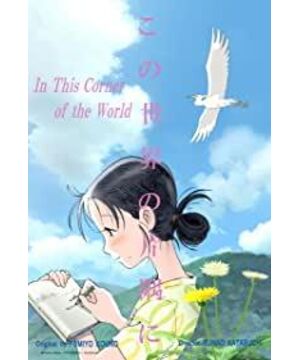I would love to give two very different scores to this film.
If Xiaoling's remarks after the broadcast of the Emperor's broadcast were just the director wanting to use Xiaoling's mouth to express a little regret for the defeat ("Isn't it going to fight to the last person? I still have my left hand and feet." "We The food is made of rice and soybeans from the sea, so we have to give in to violence?") Then this film is difficult to pass.
If the director considers that Xiao Ling's remarks are her emotional outburst as an ordinary peasant woman's only belief that supports her perseverance in an environment of information occlusion, she has nothing to do with the waste of time and innocent victims of the war. The accusation of meaningless passing, ("Has our past gone to pieces like this? Have all the things I always thought reasonable and the reasons I've endured flying away?"), then I think this movie can achieve a high score or even It's a perfect level.
A lot of people have debated whether this movie is an anti-war movie or not, and I don't want to go into that here. I think whether it is anti-war or not, it must be a tragedy in the first place.
Lu Xun said that tragedy is to destroy beautiful things for others to see. The beautiful life before the war, the elder brother who likes to bully the sisters, the male classmate who has a crush on Xiaoling, the lovely niece, the beautiful streets of Hiroshima and Kure, and even the right hand who creates beautiful pictures by himself... Xiaoling is beautiful around things were taken away one by one.
This is a personal tragedy, but also a tragedy of the times.
View more about In This Corner of the World reviews











